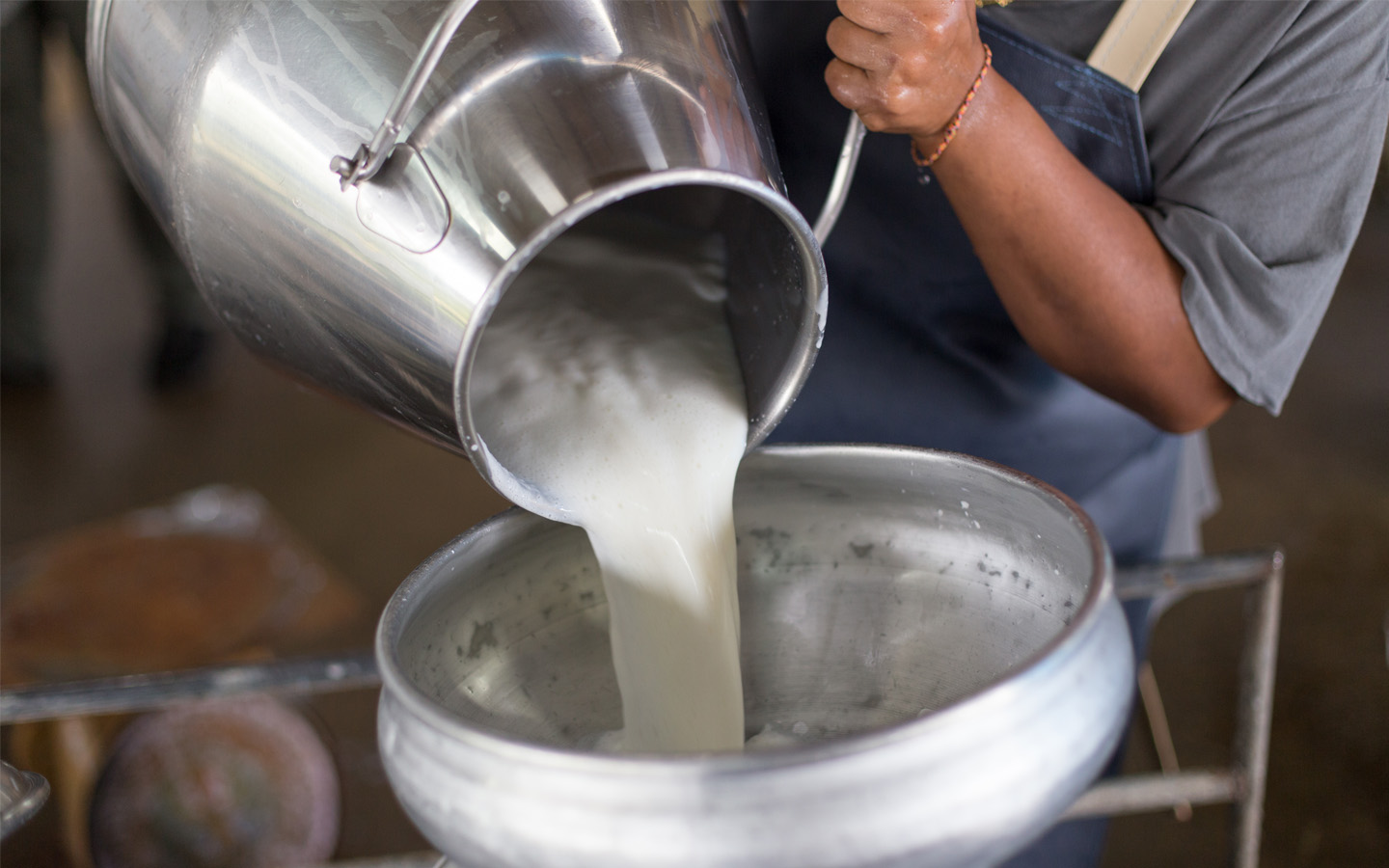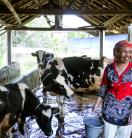Unlocking dairy potential in the Philippines

Australia and the Philippines have launched a research initiative to unlock the potential of the Philippine dairy industry.
Around 99% of milk products in the Philippines are imported, presenting a significant opportunity for industry growth. The Philippine Government has prioritised the development of the dairy sector.
ACIAR, the Department of Science and Technology - Philippine Council for Agriculture, Aquatic, and Natural Resources Research and Development (DOST-PCAARRD), the University of Adelaide’s Centre for Global Food and Resources, and the Philippine Foodlink Advocacy Cooperative are collaborating on the project. They aim to analyse markets, value chains, opportunities and challenges for the sector.
The project will focus on smallholder dairy farmers, who run about 80% of the Philippines' dairy businesses.
‘We see this new initiative as crucial in mobilising partnerships, ideas, technologies and innovations,’ said ACIAR Research Program Manager, Howard Hall.
‘It will help jump start improvements in the Philippine dairy industry to contribute to food security and the country’s economic growth.’
Farm-gate and retail milk prices in the Philippines are relatively high, making fresh milk products unaffordable for many people. Low cow and farm productivity, inadequate supply chain cooling infrastructure and insufficient access to milk testing and support services also limits the industry.
The project will examine the dairy sector’s key export and domestic market opportunities, unique production systems, competitiveness and sustainability, as well as key trends and characteristics of dairy production in the Philippines.
‘The dairy industry is important to development in the Philippines because it helps address food security and provides livelihood benefits for many Filipinos,’ PCAARRD Executive Director Dr Reynaldo Ebora said.
‘This is why we are continuously working on research and development interventions and innovations that will help improve industry productivity and profitability.’
The project will identify dairy industry research priorities and potential partners, particularly from the private sector. Results will inform a larger research initiative in the future.
ACIAR and the University of Adelaide’s experiences from other projects in the region, such as in Indonesia and Thailand, have seen quick and sustained improvements in productivity and quality in smallholder dairy chains when working directly with private enterprises such as milk processors.
Australian Project Leader, Professor Wendy Umberger from the University of Adelaide, said ‘Thanks to the strong partnership between ACIAR, PCAARRD and other key stakeholders, including the University of Adelaide research team, we have been able to start and resource the project quickly.’
Professor Umberger currently chairs the ACIAR Policy Advisory Council (PAC), with Dr Ebora also appointed as member in 2020. The PAC provides advice to Australia’s Foreign Minister on priority areas and emerging issues in agriculture in partner countries and the Asia-Pacific region.
The one-year project will wrap up in July 2021.



